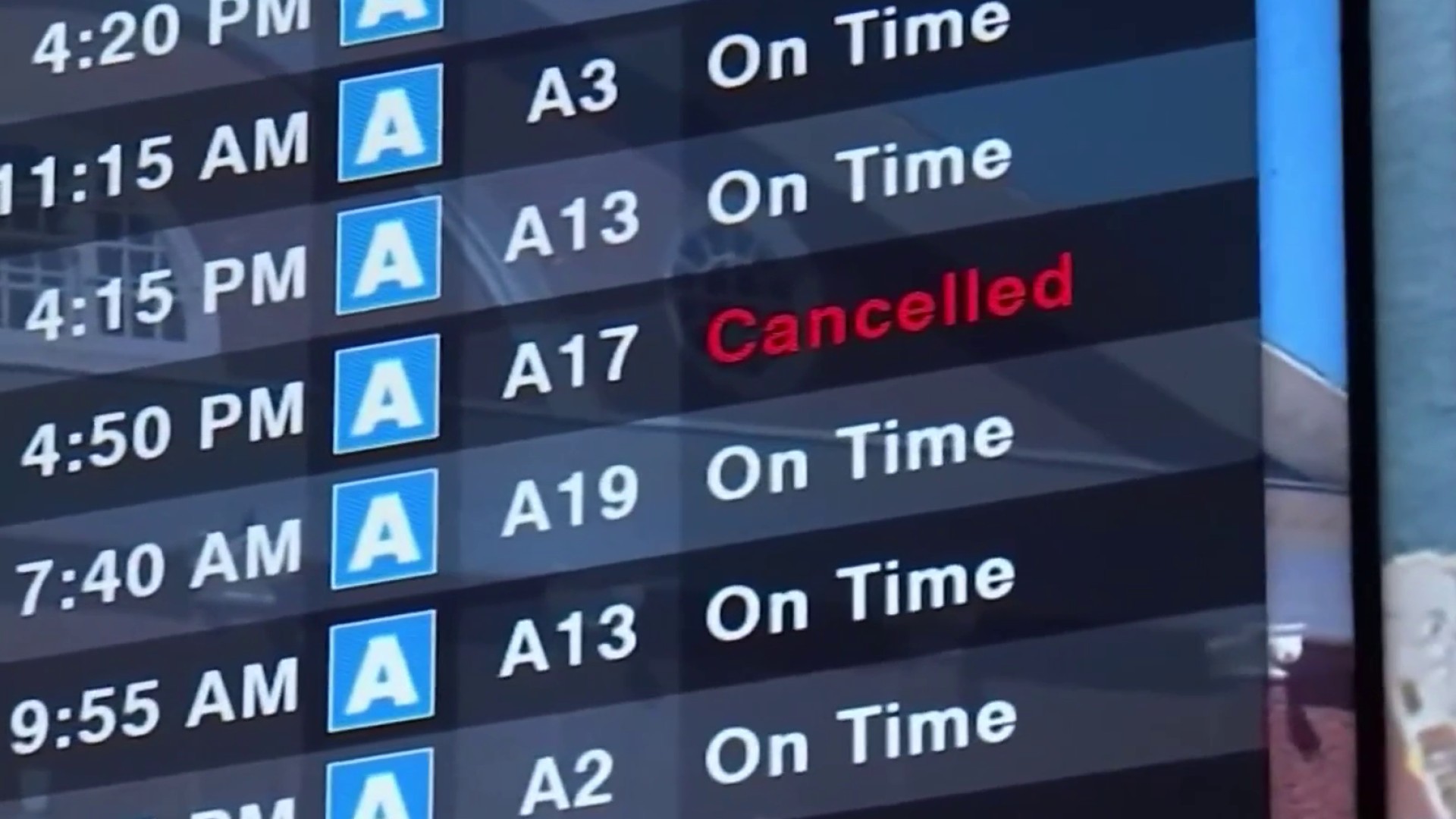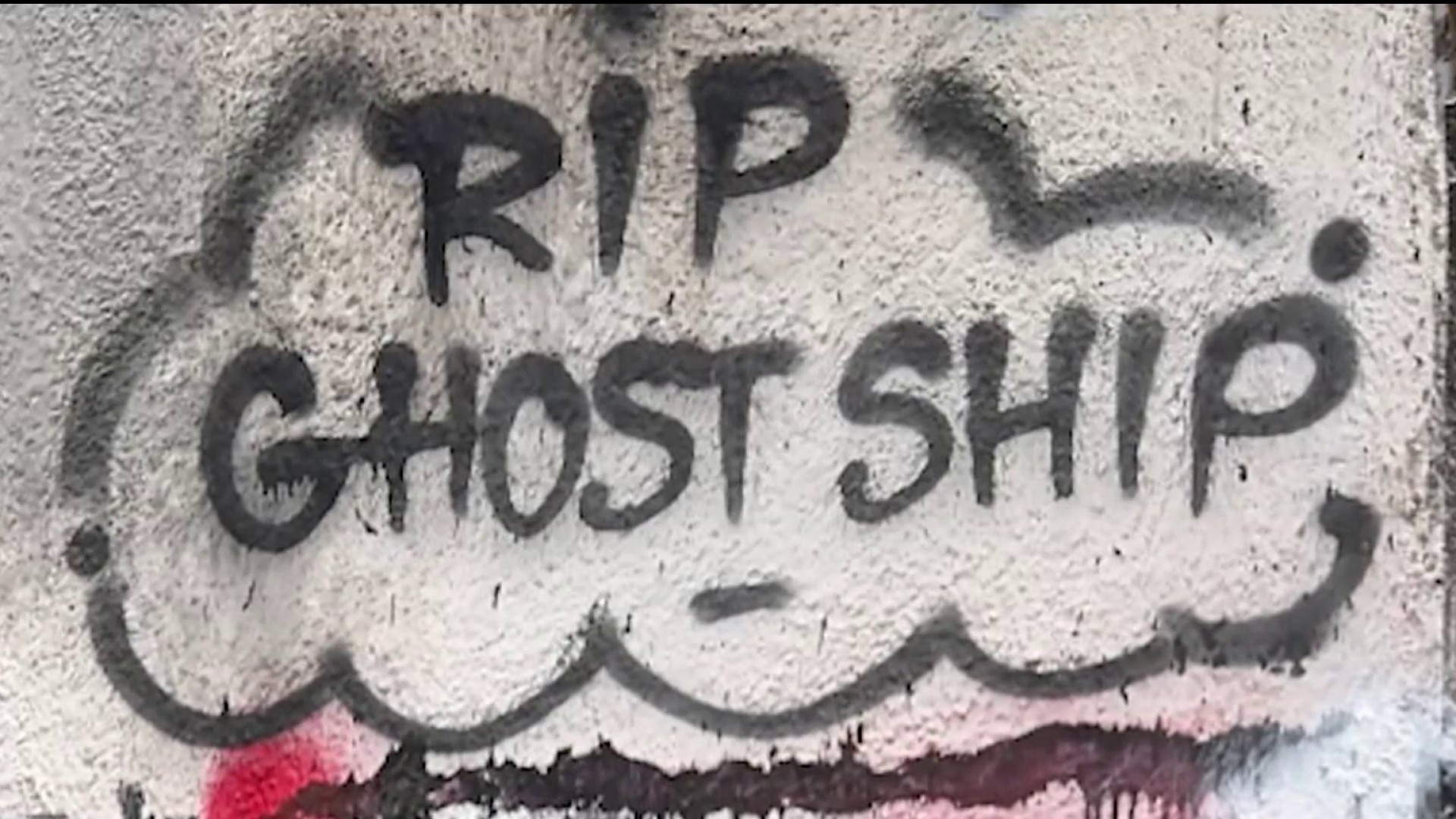The Bay Area may be approaching a COVID-19 turning point -- herd immunity. Experts say it doesn't mean the virus will disappear, but it will have a harder time spreading.
“I think June, July we'll reach something that looks like herd immunity,” said UCSF Epidemiologist Dr. George Rutherford, adding that with the Bay Area's low transmission rates and high vaccination rates, it will be the first region in California to reach herd immunity.
“It's important because we'll be able to control transmission indirectly by having so many people immune to the virus so it can't find new susceptible hosts to propagate,” he said.
Rutherford said that as long as a high number of 12- to 15-year-olds get vaccinated, he expects the governor's plan to reopen the economy June 15 to come at a good time for the Bay Area.
But with no wall around the region and cases likely to come in, experts say don't expect COVID-19 protocols to disappear.
“I do think there can be stepwise relaxation of mitigation measures,” said Dr. Dean Winslow of Stanford Healthcare.
While capacity levels will increase as reopenings continue, Winslow says masks will still be needed at many indoor events even if you're vaccinated.
Local
“It’s 95% effective and until higher percentages are immunized we will need to wear masks at indoor gatherings,” he said.
Dr. Rutherford agrees masks are in our future.
Get a weekly recap of the latest San Francisco Bay Area housing news. Sign up for NBC Bay Area’s Housing Deconstructed newsletter.
“Here we're talking about mass crowd events especially indoors, possibly outdoors like baseball games,” he said.
While herd immunity doesn't eliminate COVID-19 concerns, it reduces the likelihood of mass outbreaks and the need for social disruptions like shut downs.



